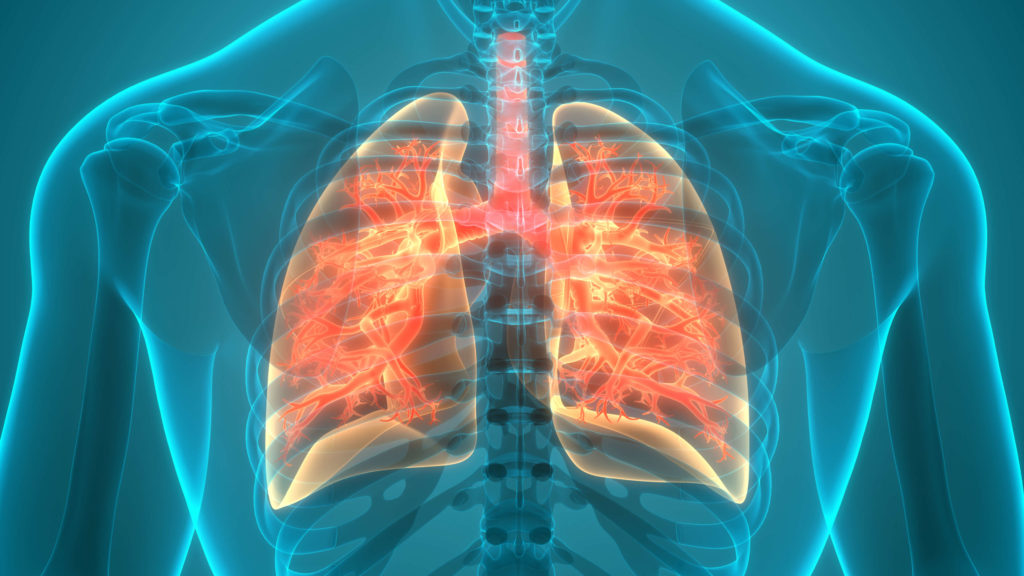What is RSV and Why Is It On the Rise?

RSV (respiratory syncytial virus) is a contagious virus that affects the respiratory tract. Also called human respiratory syncytial virus and human orthopneumovirus, RSV has seen a resurgence of infections this year and higher transmission rates due to infected individuals coughing or sneezing on others.
While RSV is not COVID-19, there are many similarities, especially when it comes to transmission from person to person. RSV can quickly spread from:
- Infected people accidentally coughing or sneezing on others
- Droplets from infected people that cough or sneeze entering the eyes, noses, and mouths of uninfected people
- Touching surfaces that have the virus on them like doorknobs and staircase banisters
- Failure to wash hands before touching your face
- Having direct contact with a person that has RSV, like kissing the face of a child or your significant other
How Contagious is RSV?
People infected with RSV are contagious for 3 to 8 days. However, infants and people with compromised immune systems may continue to spread the virus even after symptoms stop. This can last for up to 4 weeks, so it’s best to avoid contact with infected individuals until the infection is eradicated.
Children are particularly susceptible to RSV, since many attend school and child-care centers. As a result, they are exposed to the infection and transmit it to other family members. RSV can also survive for hours on hard surfaces like tables and crib rails. For parents, sanitizing these structures is essential but should be done carefully. The virus can even survive on soft surfaces, such as hands or tissues – but for a shorter time.
Who Can Get RSV?
Anyone at any age and health condition can get an RSV infection. However, it is generally less severe in older people. Those with the most severe symptoms include:
- Premature infants
- Young children with weakened immune systems due to medical conditions, illnesses, or treatments
- Young children with congenital heart or chronic lung disease
- Adults with weakened or compromised immune systems
- Older adults with underlying heart conditions or lung disease
- Adults with compromised immune system
- Older adults, especially those with underlying heart or lung disease
RSV infections tend to rise during the fall, winter, and spring. However, RSV circulation in a respective community can vary from year to year. It mainly affects people and families in similar climates, so it may be restricted to a specific geographical location.
What Are the Symptoms of RSV?
People infected with RSV usually show symptoms within 4 to 6 days of initial infection. The symptoms of RSV infection include:
- Decrease in appetite
- Coughing and wheezing
- Sneezing
- Fever
- Runny nose
RSV symptoms usually appear in stages. However, for young infants with RSV, the main symptoms may be irritability, decreased activity, and difficulty breathing. Nearly all children will have had an RSV infection by their second birthday.
RSV Treatments and Care
RSV infections usually go away within a week or two. While there is no specific treatment for RSV infection, researchers are working hard to develop vaccines and antivirals (medicines that combat viruses).
With this in mind, these steps can relieve RSV symptoms:
- Manage fever and pain with over-the-counter (OTC) fever reducers like acetaminophen (Tylenol) or ibuprofen. However, aspirin should never be given to children.
- Stay hydrated by drinking enough fluids. People with RSV infection must drink ample fluids to prevent dehydration (loss of bodily fluids).
- Speak with your doctor before taking or giving your child nonprescription cold medicines. Some medicines have ingredients that are harmful to children.
RSV May Cause Serious Health Issues
RSV symptoms must be managed until the infection goes away. Speaking with your primary care physician is an excellent way to track the virus and its symptoms. It will also help you monitor the signs and see if your medications are helping.
In some cases, RSV can also cause more severe infections. Bronchiolitis is an inflammation of the small airways in the lung, and RSV is the most common cause in children younger than one year.
RSV can even cause pneumonia, an infection of the lungs. So if you or your child are experiencing severe breathing difficulties, contact 911 right away. While most healthy adults and infants infected with RSV do not need hospitalization, some may need to be hospitalized if they have problems breathing or are dehydrated. It is also helpful to determine whether your symptoms were caused by RSV or another respiratory condition.
In the most severe cases, an individual may need additional oxygen or intubation (a breathing tube placed in the mouth and down to the airway) with mechanical ventilation (a machine that helps people breathe).
Learn more about RSV symptoms and their risks here.
Family First ER Helps RSV Patients
Family First ER assists patients dealing with the RSV virus. Our experienced doctors and nurses can help you manage symptoms with timely prescription medications and medical advice.
As your local 24/7 ER, we are always available to answer all your RSV questions or concerns. Your health and wellness are always important to us. Contact us today for more information.

